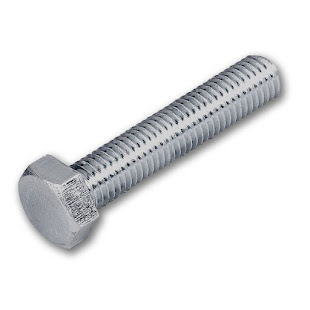Choose Best Stainless Steel Fasteners

Stainless Steel Fasteners Although stainless steel fasteners are sometimes misunderstood in terms of material compatibility, performance, and availability, they are required for construction applications largely due to their resistance to corrosion. Many individuals can identify a stainless steel fastener, but they often struggle to understand what grade is required and how the fastener could function in the application. What is Stainless Steel? Typically, a class of iron-based alloys with a minimum of around 12 percent chromium are referred to as stainless steel. Similar to pure chromium plate used on car trim, it is essentially this chromium that provides steel its ability to resist corrosion when exposed to the elements. Chromium oxide, an extremely thin passive layer that is invisible, self-forming, and self-healing, is created when chromium combines with oxygen. Different quantities of additional elements are added to improve corrosion resistance, workability, and strength. Red

